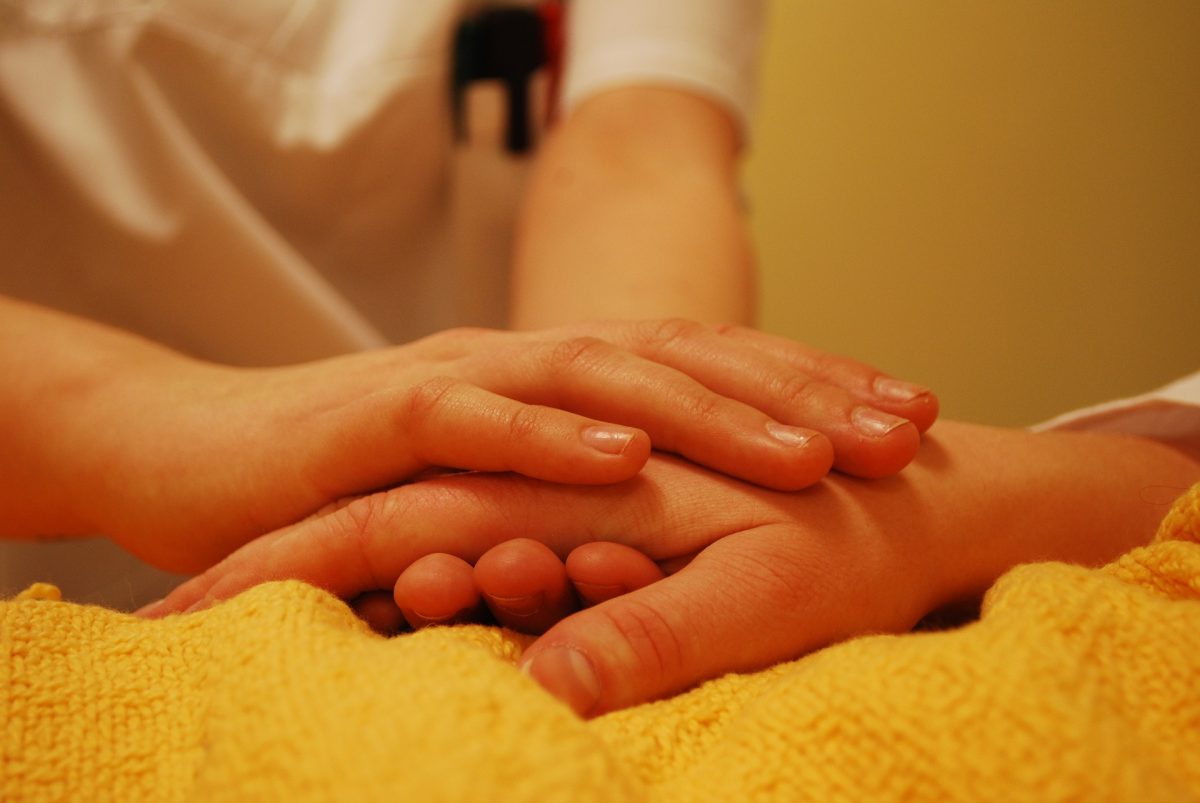I realized early in the cancer journeys with my mother, Maxine, and wife, Alyson, that time is precious and finite. Our time on this earth is fleeting, often said to go by at the “blink of an eye.”
These experiences caused me to reassess the value that I placed on time and what I really considered to be my priorities in life.
I was never one that felt the need to define my being with material things. I would never say something like “I live in a $450,000 house (which I don’t). Instead, I’d be more likely to say, “I live in a house that is warm and welcoming, and friends say feels comfortable to them.” One of my go-to sayings that I think captures this sentiment best is: “I want all my belongings to be able to fit in the back of my Ford pick-up truck.”
A new measure of happiness … time
But as I went through my cancer journeys, my priorities shifted. It was no longer about how much (or how little) stuff I had. Or how well liked I was. In this new world order, I found a different type of personal happiness and fulfillment; one that involves family and friends that have a similar appreciation of time and friendship. These relationships are very special because the people are authentic, comfortable in their own skin and “givers” (see prior blog post: A giver has got to know his/her limitations).
Now, I also try to focus on investing my time in activities that give me a real sense of joy and accomplishment. I seldom find myself in situations that are uncomfortable or “just not my deal.” Now that I understand just precious time is, I have learned that the word “no” is not a bad word. In fact, it often leads to a more enjoyable experience for all parties because each participant is committed and all-in.
And that led me to write the following poem. Have these questions in mind as you read it:
“How would your life and decisions change if you knew the end was near? Would you play it safe or take a risk and venture outside of your comfort zone?”
––––––––––––––––––––––––––
Time is Precious…
How would your life change if you had but one year?
How would the news impact your hopes, dreams, and fears?
Would you invest more time in your current profession?
Or feel the need for greater purpose and expression?
Would you settle on a relationship long since grown stale?
Or seek a special bond you know will prevail?
Would you surround yourself with loyal friends from the past?
Or spend time with new acquaintances unlikely to last?
Time waits for no one and only you hold the key.
To unlock the door and set yourself free.
So live each day as if you had but a few.
And savor every moment like you are starting anew.
––––––––––––––––––––––––––




